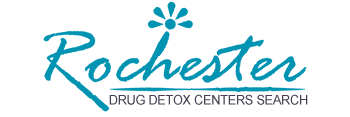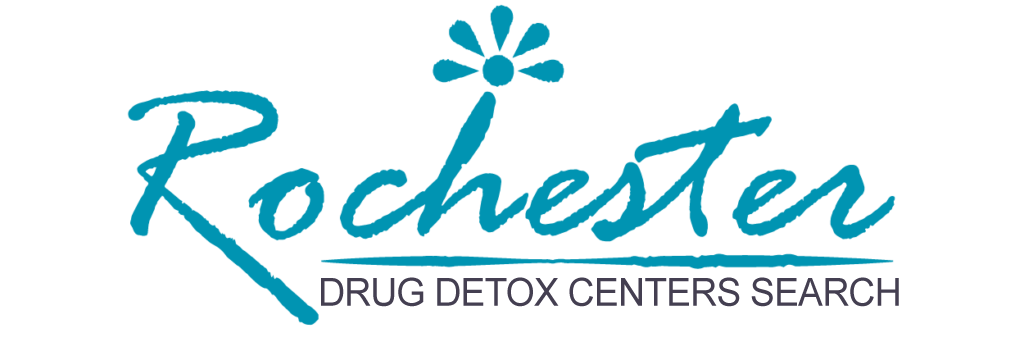Alcohol and Drug Withdrawal in Rochester, NY
Overcoming a drug or alcohol addiction takes time, commitment, and professional support. While some people do manage to get clean by going it alone, most people benefit from ongoing access to detox, rehab, and aftercare programs. Medical detox is the first stage of treatment, with various programs initiated to treat alcohol and drug withdrawal. Alcohol and drug withdrawal takes place when dependent people stop or dramatically reduce their intake of psychoactive substances. Treatment is often needed to help alleviate and manage withdrawal symptoms, some of which can be dangerous and lead to additional medical complications. Alcohol and drug withdrawal symptoms differ widely depending on the substance and extent of addiction, with treatment centers in Rochester able to set up individual treatment plans for people in need.
Dependence and Withdrawal Symptoms
Drug and alcohol dependence is typically recognized by increased tolerance and the existence of withdrawal symptoms when drug use is discontinued. Some psychoactive substances are known to produce physical-somatic withdrawal symptoms upon cessation of use, with others known to produce emotional and motivational symptoms. Withdrawal symptoms develop as a response to the lack of drug exposure after a prolonged period of use. Because dependence is a learned behavior maintained by neuronal connections, the body and brain experience this lack of exposure through a range of negative symptoms. Typical physical-somatic withdrawal symptoms include nausea, vomiting, headaches, and tremors. Typical emotional-motivational symptoms include drug cravings, lack of motivation, and anxiety.
Medical Detox
Medical detox is the process and experience of alcohol and drug withdrawal under medical supervision. While medications are not always needed throughout the withdrawal period, they are often advised to help alleviate potentially dangerous symptoms and stabilize patients prior to rehab. This is especially true for substances associated with physical symptoms, including alcohol, heroin, prescription opiates, and prescription sedatives. While natural detox and rapid opiate detox programs are also used in some situations, they can be dangerous and are often ineffective. Medical detox is an integral part of the drug treatment process, but is not without its limitations. Detox does not typically succeed when administered in isolation, with comprehensive drug treatment also requiring behavioral therapy and other forms of psychotherapy to address the emotional and cognitive precursors of drug addiction.
Medications Used During Withdrawal
A range of medications are administered during detox programs depending on the substance and extent of addiction. Heroin addicts and people addicted to prescription opiates are often prescribed alternative opiate drugs such as methadone and buprenorphine. Alcoholics and sedative addicts may be prescribed benzodiazepines medications such as Valium and Serax to reduce the severity of dangerous withdrawal symptoms. While people who seek treatment for central nervous system (CNS) stimulants such as meth and Adderall are less likely to receive medication treatment, some drugs may be given to treat insomnia and anxiety. If you or someone you know needs help overcoming a substance use disorder, Drug Detox Centers Rochester can help. Just give our recovery advocates a call today.


